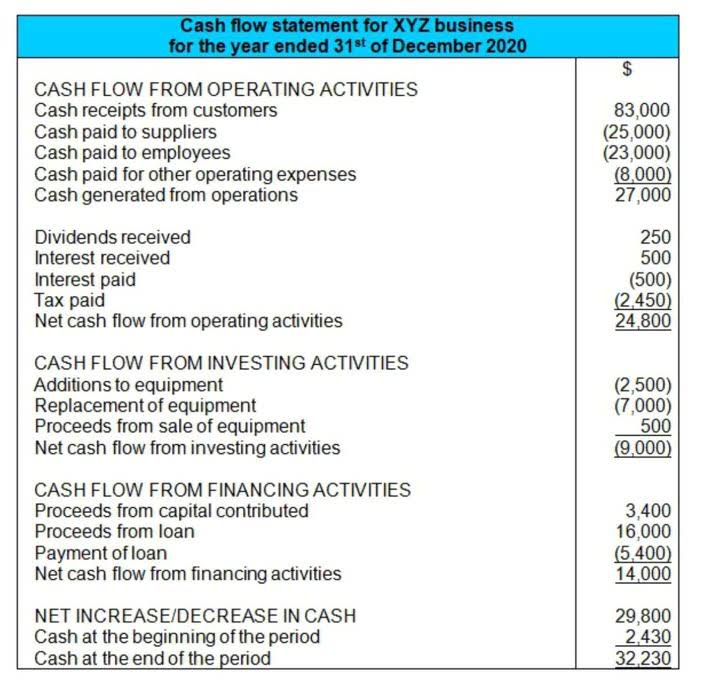This safeguards the buyer, who will be able to check if the property being purchased is of the standard that was advertised, and that there is not a malicious attempt of the seller to scam him. Whenever there are disagreements, a dispute resolution protocol takes effect to ensure the fairness of the transaction. With the rise of cybercrime, bogus online services have increased. One must be careful and make sure that the service provider is trustworthy and not someone with malicious intent. The buyer can place the funds in escrow with an agent with instructions to disburse them to the seller once the goods arrive in a suitable state.

No, you can’t withdraw money from your escrow account unless you meet the conditions specified at the creation of the account. If you back out of the sale for a reason allowed by the contract, then you would get your money in escrow back. Contingencies that might be part of the process could include home inspection, repairs, mortgage approval, and other tasks that need to be accomplished by the buyer or seller. And every time one of those steps is completed, the buyer or seller signs off with a contingency release form; then the transaction moves to the next step (and one step closer to closing).
Open an Escrow Account
Depending on the reason for escrow, the escrow agent may be a title company that specializes in real estate, a bank or other financial institution, or a private individual entrusted with the role. Home buyers feel overwhelmed at the closing table, so don’t hesitate to ask questions about escrow payments and other documents. In many cases, an escrow officer or attorney holds the earnest money you’ll pay when you sign a contract to buy a home. But it’s still a good idea to have a basic understanding of how escrow works to facilitate real estate transactions.
Property Tax By State – Zing! Blog by Quicken Loans
Property Tax By State.
Posted: Tue, 07 Nov 2023 08:00:00 GMT [source]
It is possible to take responsibility for paying homeowners insurance premiums and property taxes yourself, sometimes. This has the benefit of reducing your monthly payment, but you’ll need to make sure you have enough money saved for the taxes and insurance when they become due. In the US, escrow payment is a common term referring to the portion of a mortgage payment that is designated to pay for real property taxes and hazard insurance. It is an amount “over and above” the principal and interest portion of a mortgage payment. Since the escrow payment is used to pay taxes and insurance, it is referred to as “T&I”, while the mortgage payment consisting of principal and interest is called “P&I”. The sum total of all elements is then referred to as “PITI”, for “Principal, Interest, Tax, and Insurance”.
What is an escrow account? Escrow account definition
The escrow agent will transfer the deed to you as the buyer (or in some cases, to a trustee who holds title during the term of your mortgage), while the money is transferred to the seller. You’ll get your deposit back if an inspection define escrow in real estate reveals major issues with the home, or the appraisal falls short of the agreed-upon sales price and the deal falls through. You might not get your earnest money back if you simply change your mind about buying the property.
- They may appear as a pre-payment toward your lender escrow account or a combination of the two.
- If not, then either partial funds are transferred to the seller, or they are all returned to the buyer.
- By this point, you should have a good idea of what escrow is, but what about the process behind it?
- When you make your mortgage payment, you’re likely paying extra into escrow for your insurance and taxes.
- The escrow agent’s expertise and attention to detail help minimize risks and ensure a fair and transparent real estate transaction for all parties involved.
- A licensed professional authorized to handle escrow accounts must be the escrow agent.
- In many cases, an escrow officer or attorney holds the earnest money you’ll pay when you sign a contract to buy a home.
After a home sale is completed, rather than rely on the borrower to pay property taxes, mortgage insurance, and home insurance premiums on time, many lenders add the estimated costs into monthly mortgage payments. The mortgage servicer then deposits these “extra” funds into an escrow account and takes responsibility for paying the bills on time. An escrow balance is the amount of money held in an escrow account for a specific purpose, like when you’re buying a home. It’s managed by a third party, such as a title company or bank.During the home buying process, the escrow account holds your good faith deposit until the transaction is complete. After closing on a home, you will need to continue paying taxes and insurance. Escrow generally refers to money held by a third party on behalf of transacting parties.
Examples of escrow
The escrow agent distributes the funds accordingly and completes the transfer of ownership once all obligations have been fulfilled. Approximately 95% of home sales in the United States involve using escrow. The average time for escrow to close on a residential property is around 30 days. Over 90% of homebuyers opt for escrow services to protect their interests during the buying process. Escrow companies typically hold an average of $1.2 million in escrow accounts. Research shows that escrow reduces the risk of fraud in real estate transactions by over 70%.

